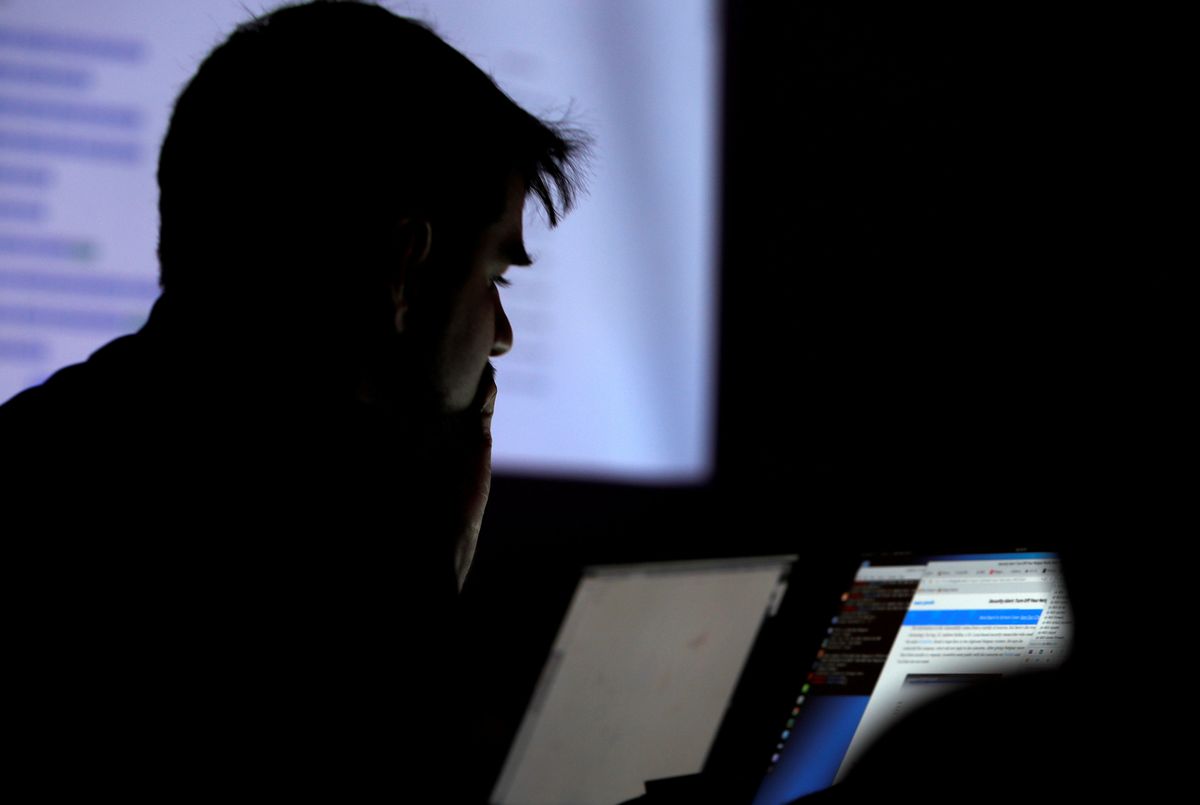Fake news and election interference crashed back into the headlines this week. Early on Tuesday, Microsoft said it had found fake websites and other evidence suggesting that Russian hackers are expanding their list of potential political targets ahead of the 2018 US midterms. Later, Facebook revealed details of a suspected Iranian influence operation targeting people in the US, UK, Latin America, and Middle East. The social network also said it had removed hundreds of accounts linked to apparent Iranian and Russian misinformation efforts – showing that the private sector is casting a wide net in its search for potentially malicious activity.
We can expect more of this kind of thing as we head towards November. Unlike two years ago, when Russia’s attempts to swing the election through disinformation and hacking went unchallenged until it was too late, today the US government and private sector tech companies are on high alert, scanning the horizon for signs of underhanded foreign influence. With the US also signaling a more aggressive stance on broader cyber policy, this raises an important question: where do governments draw the line between mere “meddling” and “interference” that demands a response?
Way back in February, fellow Signalista Alex Kilment described three broad approaches to election interference: hacking the vote, by directly targeting voting machines and tallies; hacking the voters, by spreading false or inflammatory information to influence their choices on election day; or hacking democracy itself by raising doubts about the legitimacy of the entire process.
These are very different things, yet they tend to get lumped together in discussions about how to avoid a repeat of 2016. All three represent big problems for democracies around the world, but grappling effectively with the threat – and avoiding an over-reaction – may require distinguishing more carefully between them.*
* Disclosure: Microsoft is a sponsor of GZERO Media.


















